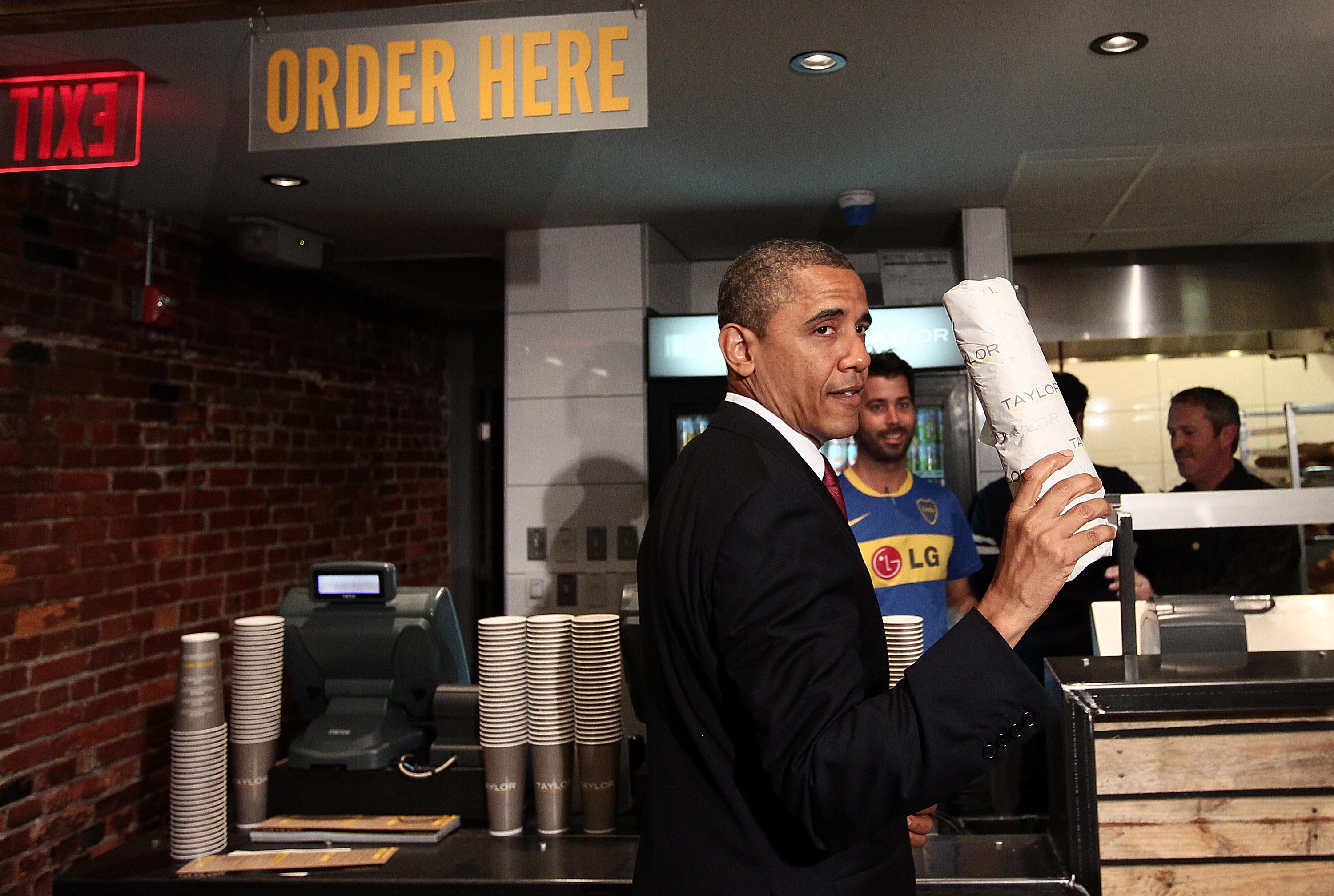I may be treading across my colleague Matt Yglesias’ turf now, but the New York Times review of Mark Leibovich’s new D.C. tome, This Town, makes a frustrating judgment about the city. The reviewer, David M. Shribman, cops that he “departed … a decade ago” from the city. (He was a Boston Globe Washington bureau chief, and now he’s executive editor of Pittsburgh’s main paper. Pittsburgh is an inarguably great city.) This doesn’t stop him from leading with one of the most tired D.C.-bashing tropes:
Of all the irritating things about Washington — the phoniness, the showy cars, the utter inability of a metropolitan area of 6.9 million people to produce a single decent slice of pizza or a passable submarine sandwich with oil and not mayonnaise …
First: “Showy cars”? Second, these twin ideas that 1) pizza is a barometer of great local eats and 2) D.C. lacks decent pizza are horribly provincial. D.C.’s gentrifiers, like other city’s gentrifiers, have supported a small boom in good restaurants, especially good pizza restaurants, starting with the wood-fired grills of RedRocks in 2007, continuing in the Obama years with Pete’s Apizza. This city does have a uniquely horrible version of single-slice street food pizza, the infamous Jumbo Slice served in the drunk-twentysomething dens of U Street and Adams Morgan. But every city has quick-bite junk for drunks. (Go to Rochester and try the “garbage plate.” Report back to me.) No, D.C.’s yuppie food scenes and suburban ethnic food scenes are constantly improving, as you’d expect from a growing urban area that’s made basically recession-proof by the local industries of politics and defense contracting. If you really want to play the “D.C. can’t hack it” game, you want to ask why its taxi drivers don’t usually take credit cards.
Anyway, this all seems pretty ancillary to the point of This Town, which I’ll have more about later. Shribman points out, correctly, that great reporters like David Espo (AP) and David Rogers (Politico) never appear in the book, but the book isn’t about what D.C. and its citizens get right. If it were, it would mention how the stereotypes about its food and style are stuck somewhere in the first season of The West Wing.
Correction, July 9, 2013: This post originally misspelled Mark Leibovich’s last name.
